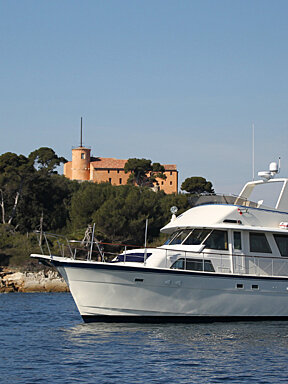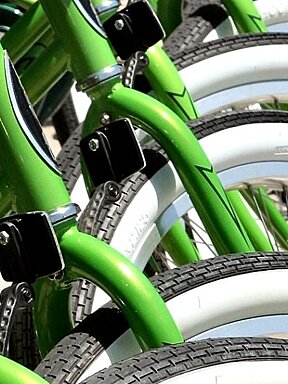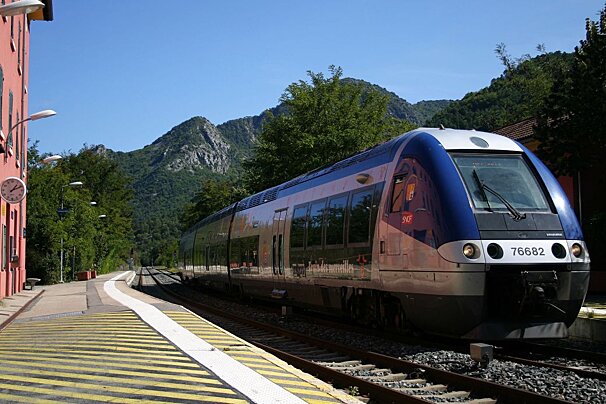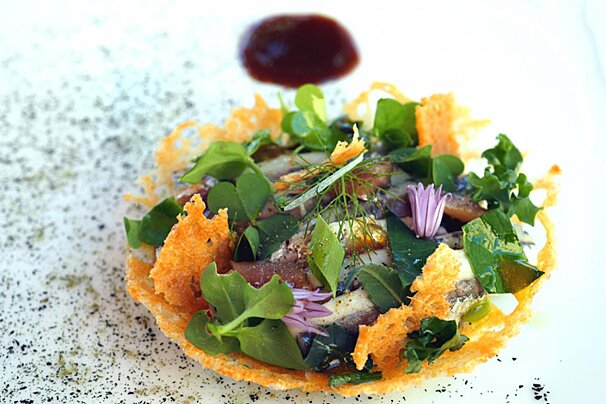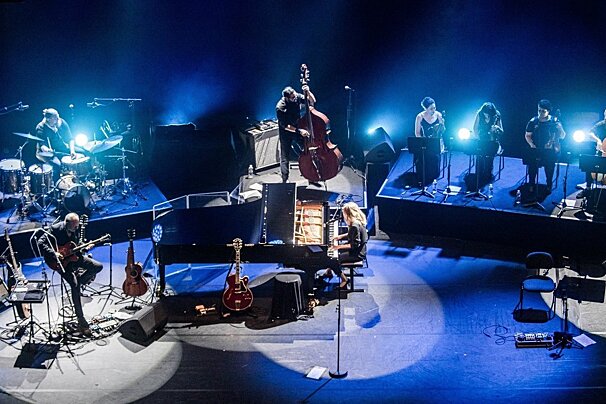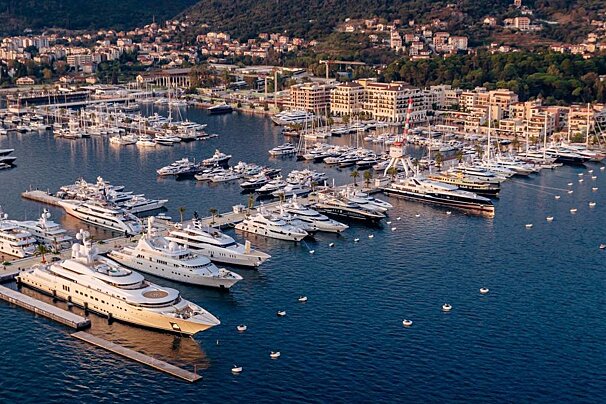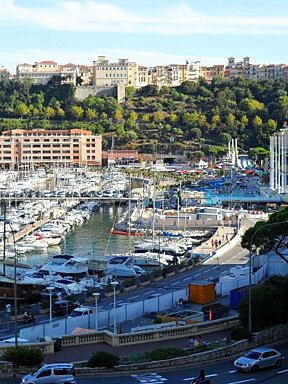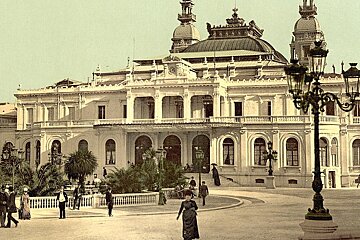
© The Library of Congress
History of Monaco
Discover the Monaco of yesterday
Officially known as the Principality of Monaco; it's a sovereign city-state and microstate, located on the French Riviera in Western Europe.
Bordered by France on three sides; one side bordering the Mediterranean Sea.
Monaco has an area of 2.02 km² (0.78 sq mi) and a population of over 36,000, making it the second smallest and the most densely populated country in the world. The highest point in the country is a narrow pathway named Chemin des Révoires on the slopes of Mont Agel, in the Les Révoires Ward, which is 161 metres (528 feet) above sea level. Monaco's most populous Quartier is Monte Carlo and the most populous Ward is Larvotto/Bas Moulins. Through land reclamation, Monaco's land mass has expanded by 20%.
Monaco is a principality governed under a form of constitutional monarchy, with Prince Albert II as head of state. Although Prince Albert II is a constitutional monarch, he wields immense political power
Early history
The House of Grimaldi have ruled Monaco, with brief interruptions, since 1297. The official language is French, but Monégasque, Italian, and English are widely spoken and understood.
The state's sovereignty was officially recognised by the Franco-Monegasque Treaty of 1861, with Monaco becoming a full United Nations voting member in 1993. Despite Monaco's independence and separate foreign policy, its defense is the responsibility of France. However, Monaco does maintain two small military units.
Development through the ages
Economic development was spurred in the late 19th century with the opening of its first casino, Monte Carlo, and a railway connection to Paris. Since then, the principality's mild climate, splendid scenery, and gambling facilities have contributed to Monaco's status as a premier tourist destination and recreation centre for the rich and famous.
However, in more recent years Monaco has become a major banking centre and has successfully sought to diversify its economy into the services and small, high-value-added, non-polluting industries. The state has no income tax, low business taxes, and is well known for being a tax haven.
Recent history
Monaco is not formally a part of the European Union (EU), but it participates in certain EU policies, including customs and border controls. Through its relationship with France, Monaco uses the euro as its sole currency.

